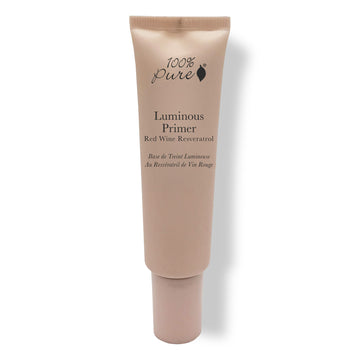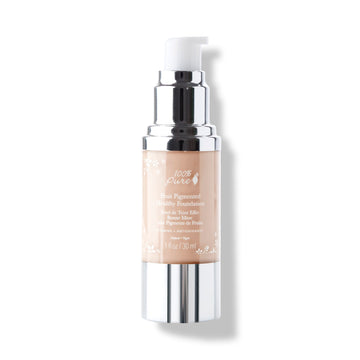How dimethicone is used in natural products like makeup, shampoo, and more
Written by: 100% PURE®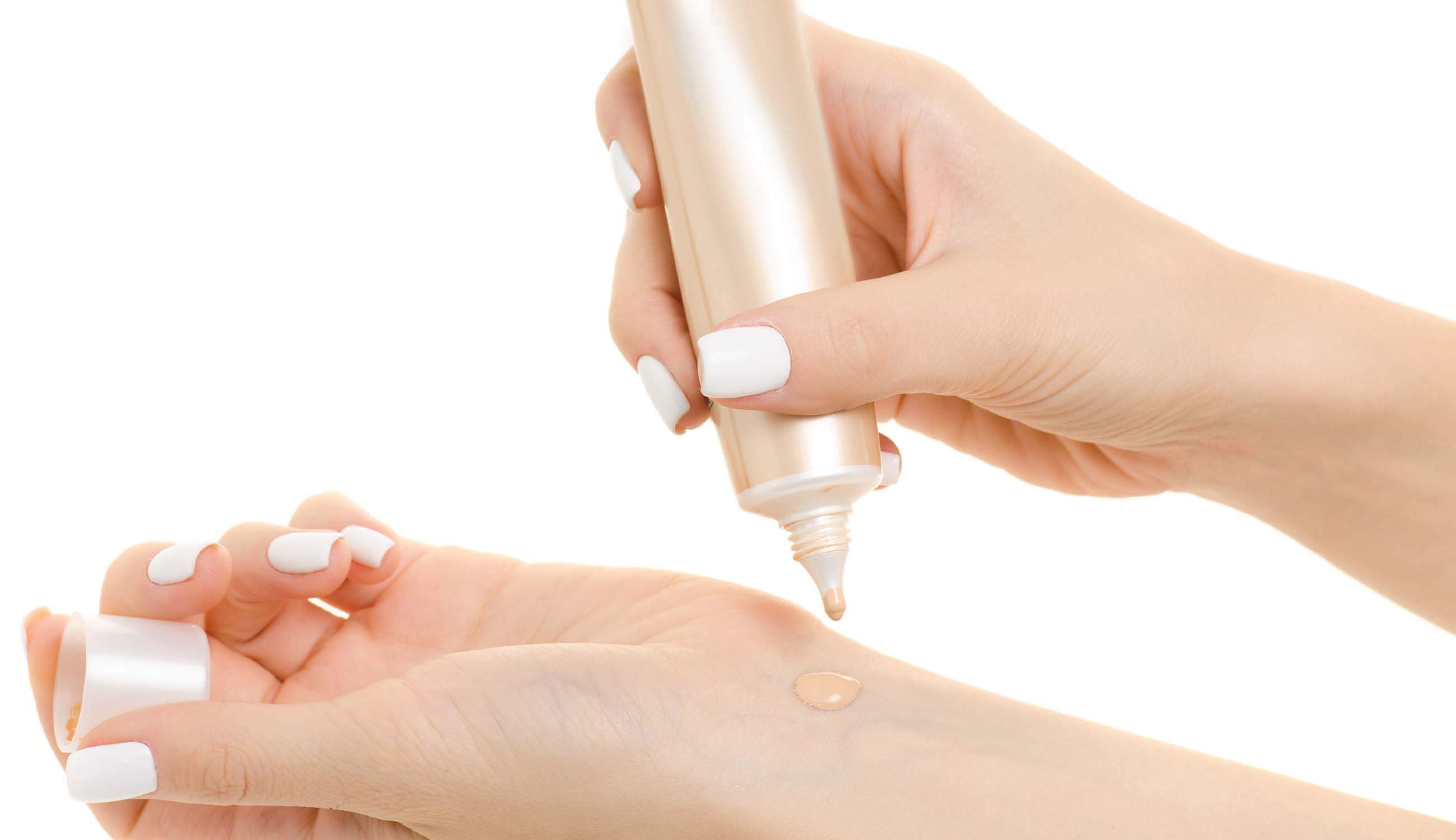
Chances are, you can find this buzzy ingredient lurking in your beauty or skin care items – even if you’re using natural products. Enter dimethicone: a silicone-based ingredient that makes your most trusted everyday products feel oh so buttery and luxurious to the touch.
So what’s the issue? While dimethicone boasts a number of benefits (especially for texture) in makeup and skin care, it can be problematic for both your skin and the environment. Let’s find out the potential benefits and risks of using dimethicone and explore some alternatives if you want to go silicone-free.
If you were to ask your friends what dimethicone is, you would likely get blank stares. Yet this synthetic ingredient is in more personal care products than meets the eyes and product labels. From diaper rash creams to moisturizers, hand lotions to foundations, to its top uses in popular makeup primers, hundreds of trusted products use dimethicone.
The science-y sounding ingredient that sounds like something from chemistry class is actually made in a lab. This synthetic silicone is used to keep products from separating in their packaging. When used in skin care and hair products, dimethicone helps form a protective layer along skin to hold onto water. It can also help to smooth tresses.
Even wonder why makeup primers are the Photoshop of the makeup world? These priming wonders often use a form of dimethicone, which smooths and fills fine lines and pores on the surface of your skin, creating a polished facial landscape.
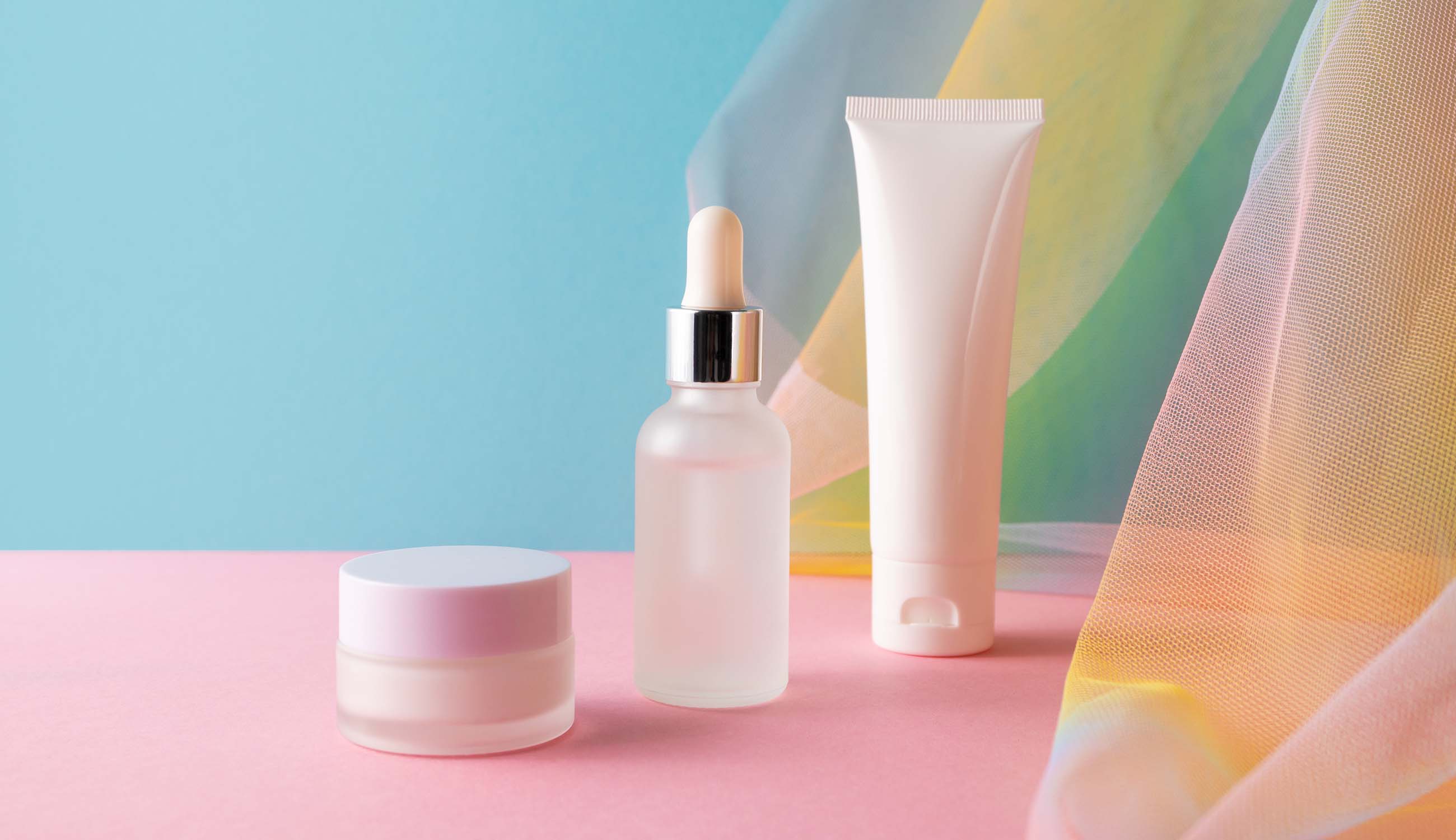
Since dimethicone is made in a lab, does it deem natural products that contain the ingredient, unnatural? Silicones actually have a natural origin. They begin as the mineral silicon, which then bonds strongly with oxygen and other elements like carbon dioxide and hydrogen to form silica. Silica is a natural ingredient found in sand and clays as well as in parts of plants.
What does all this chem-talk mean? Here’s the deal: if a natural product contains dimethicone and it’s sourced from silicon, then it likely passes the natural vibe check. And since dimethicones are pure synthetics, products with the ingredient can be clean and non-toxic.
Spend any amount of time researching dimethicone, and you’re likely to get a mixed bag of pros and cons of the often-controversial ingredient. Dimethicone is beneficial to your cosmetic efforts, but can also have a flip side. Let’s start with its advantages:
Creates a silky feel
Dimethicone helps make formulas softer and smoother when applied, making these products feel super silky on the skin. It provides an ultra-smooth finish to creams and lotions. It also allows a product to have a light texture and non-greasy feel that spreads quickly and easily.
Improves texture
Dimethicone improves the texture of skin care and cosmetic products and helps to improve the appearance of the skin, giving it that plump, hydrated look. It can also help to prevent moisture loss.
Smooths texture
Foundations and primers often contain dimethicone to help smooth and fill fine lines on the surface of your skin. Dimethicone prevents foundation and primers from settling into any creases, instead blurring wrinkles and creating a polished facial landscape.
Protects the skin
Dimethicone creates a breathable barrier of sorts over the skin – this film can protect your skin from environmental stressors while sealing in hydration. It’s great at absorbing sebum, which can help control oily shine.
Stable ingredient
Dimethicone is very stable on its own as well, so it doesn’t need any preservatives. In fact, it doesn’t react to other ingredients, air, or light.
Here's where things get a little complicated. A long-standing debate persists about whether dimethicone causes clogged pores, irritation, and prevents other ingredients from absorbing into the skin. So let’s delve into the potential risks:
Dries out skin
While dimethicone helps control oily shine, there’s a risk it might over-absorb your natural oils and in turn, over-dry your skin. Those with dry skin may find that this can lead to flaky skin after applying silicone-heavy foundation or primer.
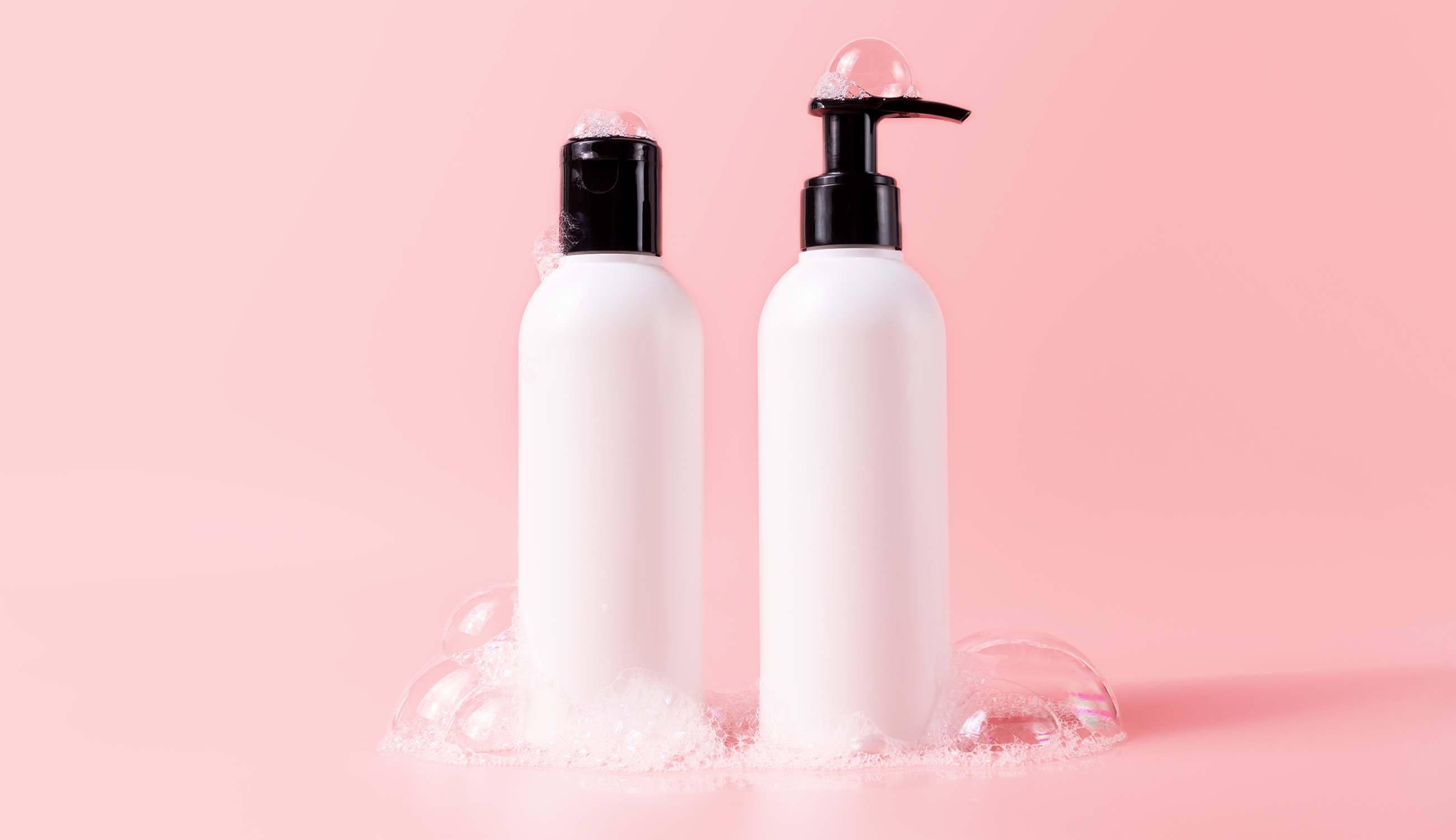
Hard to wash off
Dimethicone’s protective film can be hard to clean off because it repels water. While this property is great for water-resistant products, it’s not so great when you finally have to take your makeup off or rinse the shampoo from your hair.
Clogged pores
This accumulation of dimethicone’s protective film layers are especially harmful if you have acne-prone or oily skin, which is more prone to clogging. These layers can keep dirt and oil trapped on your skin over time, which eventually leads to comedones.
Breakouts
Even if you’re not blemish-prone, you might notice your skin turns out dry and dehydrated from clogged pores. Another side effect of this build-up is slower cell regeneration as it can harm this regulating process. The dead cells that aren’t being shed may clog pores and lead to breakouts or bumps on your skin.
If you happen to connect the silicone-smooth dots and find that dimethicone has adverse effects on your skin, there are some alternatives that can help you achieve that silky, smoothing effect. Luckily, it’s becoming easier to find silicone-free skin care and makeup with many brands using coconut-based ingredients.
We love using dimethicone alternatives such as natural oils, rice starch, sea kelp, and seaweed collagen. We feature many of these natural ingredients in our silicone-free primers and foundations that provide a flawless matte finish while being healthy for your skin.
After weighing both sides of the case on dimethicone, it turns out that your judgment and your skin are the most important factors in deeming whether you want to use the ingredient. Since dimethicone is a pure synthetic specially formulated to avoid clogging pores and irritating the skin, you might just be a fan of it.
If you find yourself struggling with dull or dry skin, especially after applying foundation – or simply want a silicone-free version – you now have natural alternatives that might be the answer to your concerns.
- Tags: February-2022, Ingredients, Skin Care
We carefully hand-select products based on strict purity standards, and only recommend products we feel meet this criteria. 100% PURE™ may earn a small commission for products purchased through affiliate links.
The information in this article is for educational use, and not intended to substitute professional medical advice, diagnosis, or treatment and should not be used as such.



